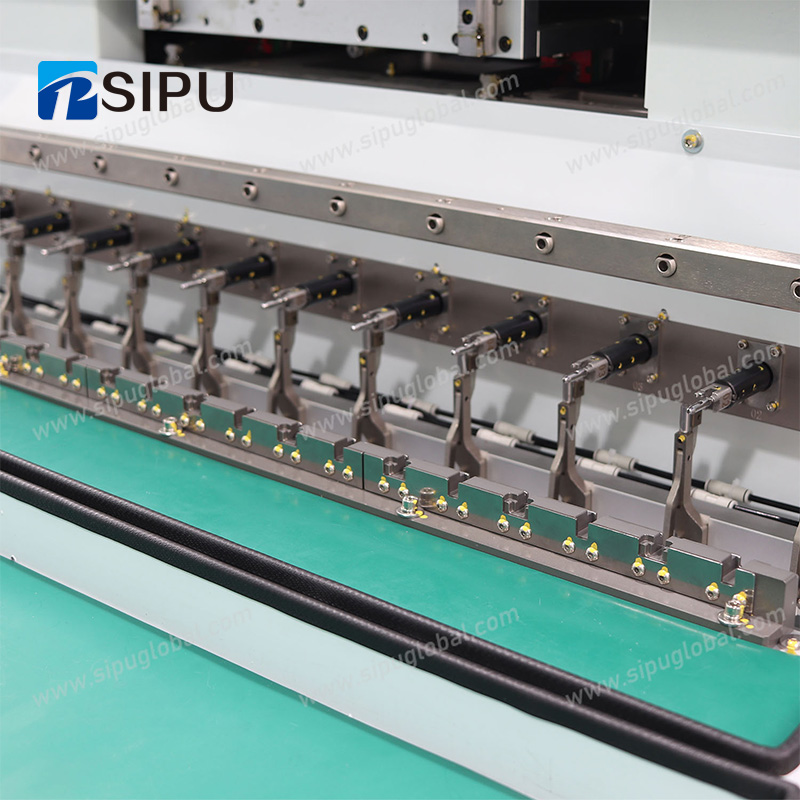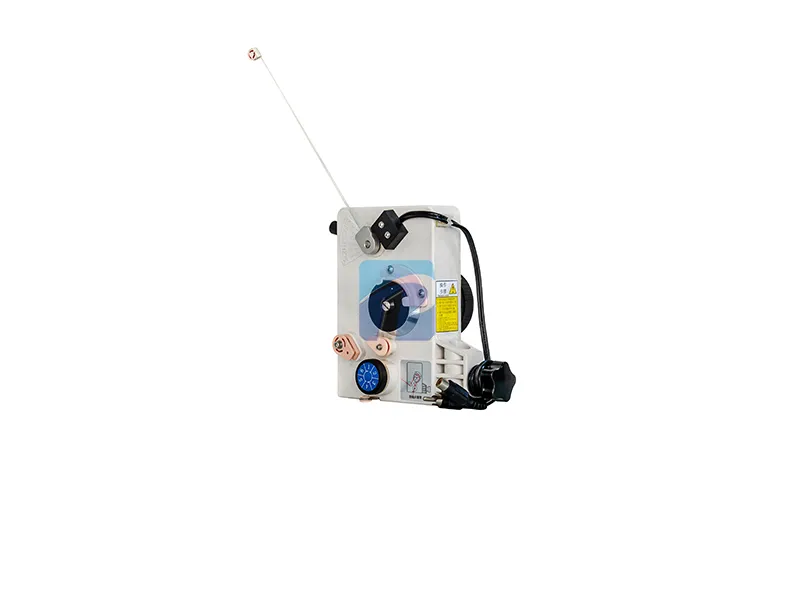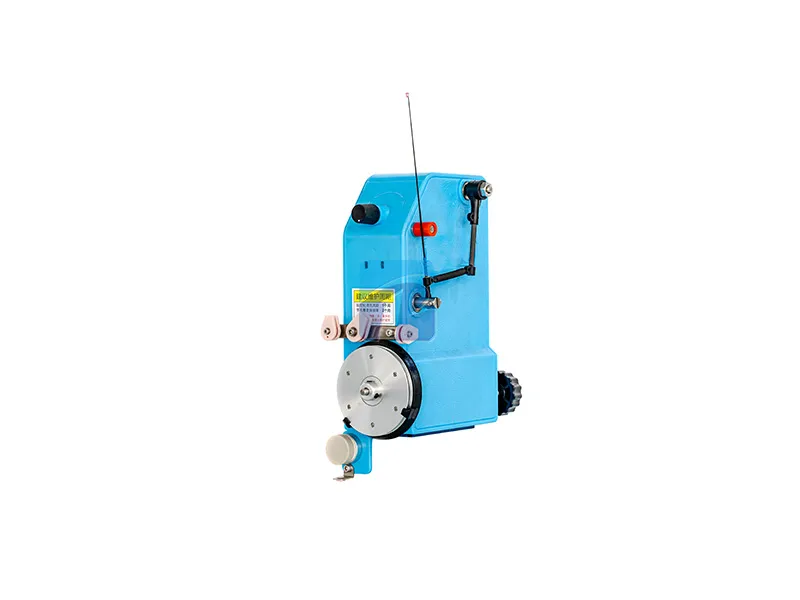
⚙️ How to Set Winding Machine Parameters? Practical Experience from Reducing Wire Breakage Rate by 90%
2025-11-03 15:06In today's rapidly developing coil manufacturing industry, precision winding has become a key factor in determining product quality and performance. Whether it is compact relay coils, solenoid valve coils, or customized HVAC expansion valve coils, the control of winding tension and speed not only dictates the arrangement of wires, but also determines the product's performance in real-world applications.
SIPU Mechanical has been committed to improving winding processes for years. From coil winding machines to fully automatic coil assembly lines, our goal remains consistent: to ensure every turn of wire is precise and stable.
 The Powerful Force Behind Tension Control
The Powerful Force Behind Tension Control
For each coil, the tension of the wire determines its structure. Excessive tension can stretch the copper wire or damage its insulation layer. On the other hand, insufficient tension leads to loose coil layers and unstable magnetic fields.
A tensioner is an indispensable component of a winding machine. The types we commonly use include ordinary magnetic tensioners and servo tensioners, and the right one is selected based on different technical requirements.

Magnetic Tensioner
Control Precision: ±5%
Response Speed: ≥200ms
Wire Breakage Rate Reduction: ≤30%

Servo tensioner
Control Precision: ±0.5%
Response Speed: ≤50ms
Wire Breakage Rate Reduction: ≥90%
The result is: higher coil density, more uniform resistance, and long-term reliability in applications such as automotive relays, industrial control, and energy systems.
Balancing Speed and Precision High-speed winding is crucial for boosting modern production efficiency, but higher speeds often bring issues like vibration, wire misalignment, or coil deformation. SIPU’s latest generation of multi-axis automatic winding machines is designed to overcome these limitations. Equipped with synchronous servo motors and real-time motion balancing, SIPU’s winding machines maintain excellent stability even at high rotational speeds. For manufacturers of relay coils, transformer coils, and micro-electromagnetic components, this means achieving higher output while ensuring consistent quality.
The Importance of Precision in Coil Production
In the manufacturing of all types of coils, even slight fluctuations in winding tension or speed can trigger a chain of problems. For example, it may affect the contact performance of relay coils, lead to inaccurate temperature control in HVAC expansion valve coils, or slow down the switching response of industrial solenoid valve coils. For coil production, automation and precision are no longer "optional extras" but basic requirements that must be met. The core of SIPU’s coil winding and assembly solutions is to ensure consistency during mass production: it not only maintains uniform and stable tension control for each turn of wire, but also ensures no deviations in welding quality.
SIPU: From Precision Winding to the New Future of Coil Manufacturing
From magnetic/servo tensioners adapted to different scenarios, to multi-axis automatic winding machines that solve the "problems easily caused by high speed", we have always taken "every turn of wire is precise and stable" as our goal, and used technology to address production pain points: reducing downtime due to wire breakage, stabilizing coil quality, and increasing factory output.
In the future, as industries such as electric vehicles and smart HVAC continue to upgrade their demand for coils, SIPU will also keep iterating its equipment and solutions—from single winding equipment to full-process assembly lines, and from parameter optimization to intelligent traceability. With solutions more in line with actual production needs, we will help every partner not only move steadily, but also go further in the track of precision coil manufacturing.
